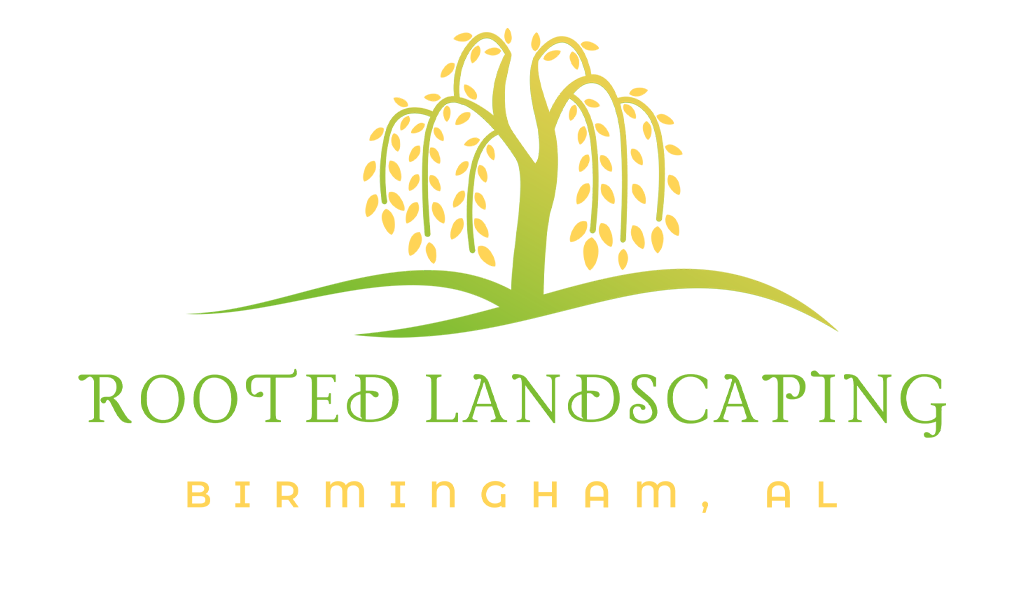Maintaining a lush, green lawn in Trussville, AL, requires more than just regular watering and mowing. One crucial factor that often gets overlooked but is essential for the overall health of your lawn is soil health. The soil beneath your grass plays a significant role in determining the success of your lawn care efforts. In this blog post, we will explore the importance of soil health for lawns in Trussville, AL, and provide tips on how to improve and maintain it.
1. Nutrient Absorption: Healthy soil is rich in essential nutrients that grass needs to thrive. These nutrients include nitrogen, phosphorus, potassium, and micronutrients such as iron and magnesium. When the soil is healthy and balanced, grass roots can efficiently absorb these nutrients, leading to vibrant growth and a strong, resilient lawn.
2. Water Retention: Soil health also affects water retention, which is crucial, especially during hot summers in Trussville, AL. Compacted or poorly aerated soil can prevent water from penetrating deeply into the ground, leading to shallow roots and increased water runoff. Healthy soil with good structure and organic matter can hold moisture more effectively, reducing the need for frequent watering and promoting deeper root growth.
3. Microbial Activity: Healthy soil is teeming with beneficial microorganisms such as bacteria, fungi, and earthworms. These soil organisms play a vital role in breaking down organic matter, releasing nutrients, and improving soil structure. A diverse and active soil microbial community can help suppress diseases, decompose thatch, and enhance nutrient cycling, creating a thriving ecosystem that supports a healthy lawn.
4. pH Balance: Soil pH levels also influence the availability of nutrients to plants. Most grass species prefer slightly acidic soil, with a pH range of 6.0 to 7.0. Trussville, AL, soil tends to be naturally acidic, so regular soil testing is essential to monitor pH levels and adjust them if necessary. Maintaining the proper pH balance ensures that essential nutrients are readily available to your lawn.
Tips for Improving Soil Health:
– Conduct a soil test to determine the pH level and nutrient content of your soil.
– Aerate your lawn to alleviate compaction and improve air and water penetration.
– Add organic matter such as compost or aged manure to enrich the soil with nutrients and improve its structure.
– Use natural fertilizers and avoid over-fertilizing, which can harm soil health and water quality.
– Practice proper watering techniques to promote deep root growth and prevent water runoff.
In conclusion, soil health is the foundation of a healthy and vibrant lawn in Trussville, AL. By paying attention to your soil’s needs and taking steps to improve its health, you can create an environment where your grass thrives and flourishes. Remember that healthy soil leads to a healthy lawn, so invest time and effort in caring for the ground beneath your feet. Your lawn will thank you with lush greenery and a robust root system that can withstand the challenges of the changing seasons.


